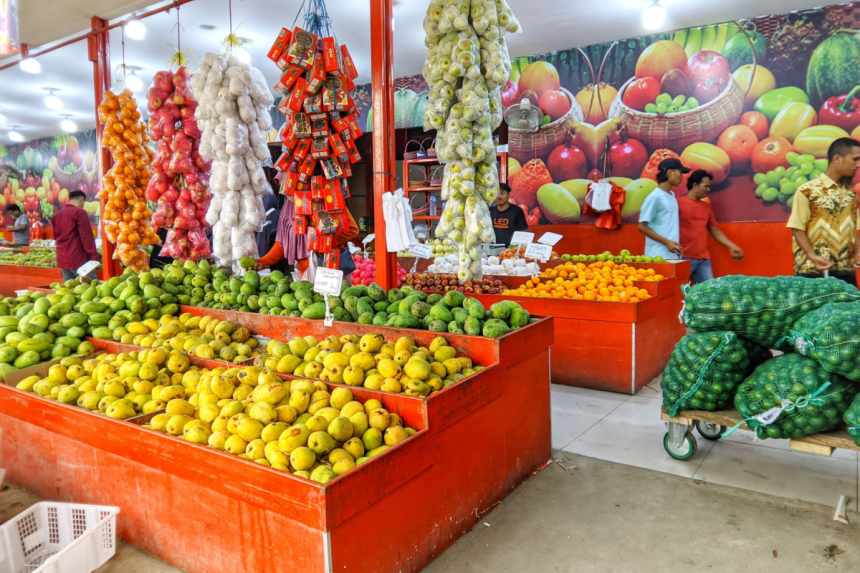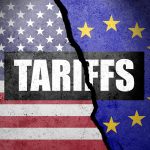Rising Costs Hit Local Shops
At Pamilihan Pinoy Asian Grocery in Tucson, shelves are filled with foods from across Southeast Asia, but the majority of products come from the Philippines. For owner Rica Pijuan, keeping those shelves stocked has become increasingly expensive.
“When we opened this store, I wanted something people could afford,” Pijuan said. “You can still eat the food you loved growing up, and still afford to buy it.” Rising tariffs, however, are making that promise harder to keep.
Tariffs Increase Pressure
Following a recent meeting with the Philippine president, U.S. President Donald Trump announced a 19% tariff on imports from the country — higher than the global tariffs he first proposed in April. For small businesses like Pamilihan Pinoy, the impact is direct.
“It’s hard to sell your product, and we’re going to have a limited supply from the Philippines because of the tariffs,” Pijuan explained. She noted that many Filipino families in Tucson depend on her store for affordable access to familiar foods.
Small Businesses at a Disadvantage
University of Arizona instructor Ed Ackerley said small shops feel the squeeze more than large chains. “Small businesses don’t have the luxury of big inventories. They have to buy just in time, which forces them to pay market prices,” he said.
Ackerley warned that higher tariffs risk eroding local character: “If we relegate ourselves to only shopping online and at big box stores, we lose the inventories, expertise and specialties that make Tucson unique.”
Keeping Prices in Check
Despite the financial strain, Pijuan remains determined to protect her customers. “In this store, we try to lower our prices so consumers can still afford to buy the food they want from the Philippines,” she said.
She admits prices may rise slightly, but promises they won’t climb beyond a few cents. For her, it’s not just about business — it’s about preserving culture and taste. “That is what we’re eating since we were born,” she said. “We want to eat the food we ate from childhood.”






